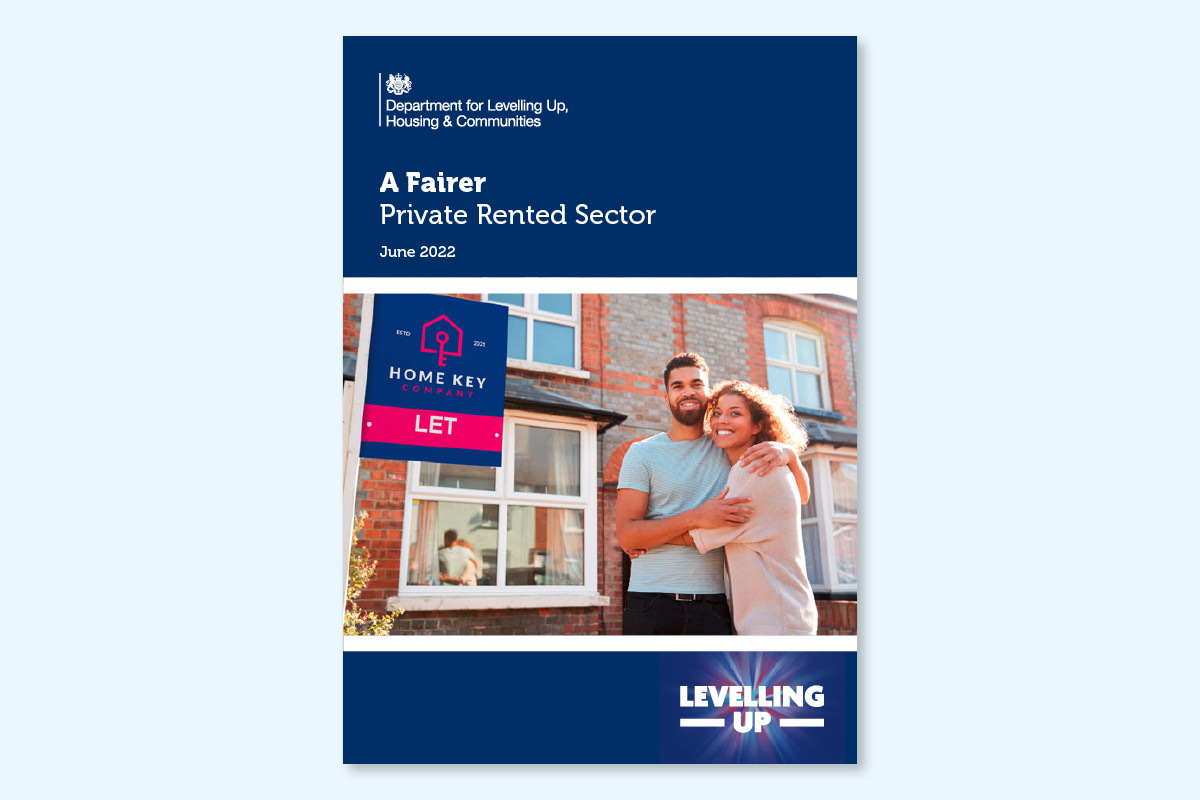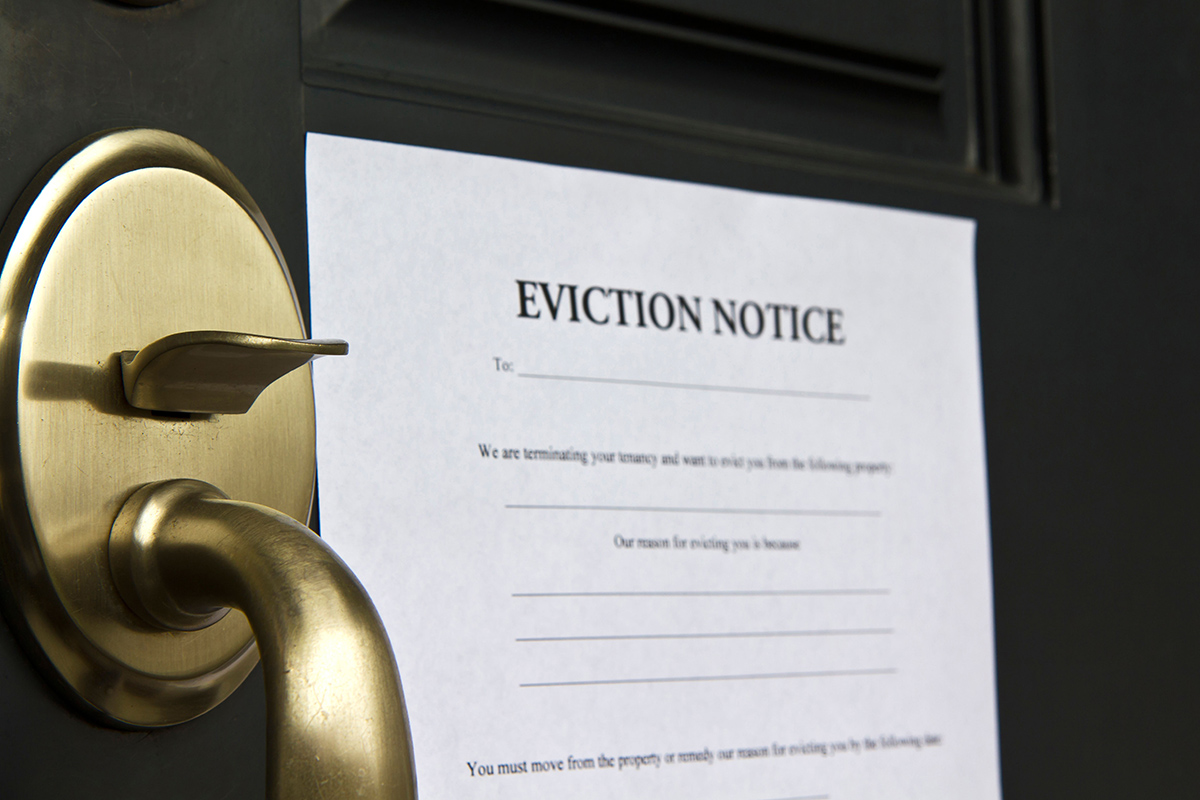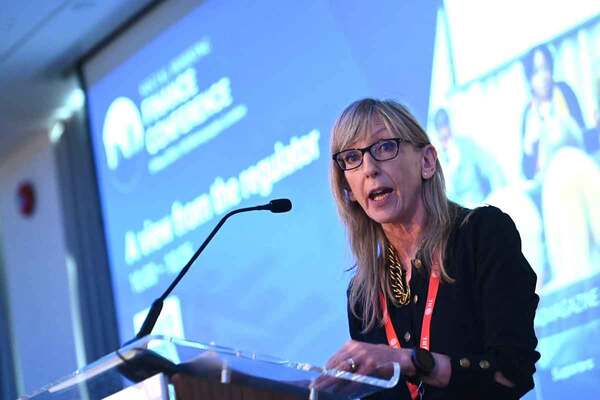You are viewing 1 of your 1 free articles
Housing 2022 explainer: what does the new tenant-focused regulation mean?
Sweeping reforms are set to herald a much more tenant-focused future, and will be covered in depth at Housing 2022. What will the changes mean and what are the key questions to ask? Grainne Cuffe reports
Why is regulation such a big focus?
The UK government has just published the long-awaited Social Housing Regulation Bill. It puts into a law a host of reforms regarding the regulation of the sector.
The government has long-standing plans to increase what is known as consumer regulation in the social housing sector. This means powers for the Regulator of Social Housing (RSH) to oversee the services provided
to residents and intervene if they are not good enough.
The reforms are a direct result of the Grenfell Tower fire, which claimed the lives of 72 people and the bill came just ahead of the fifth anniversary of the tragedy.
Changes were first proposed in the wake of the disaster after it was discovered that the repeated fire safety concerns of residents in the tower were ignored by their landlord, Kensington and Chelsea Tenant Management Organisation.
What changes are being brought in?
There are quite a few significant changes facing the sector. They include the regulator carrying out Ofsted-style inspections of underperforming social landlords.
Landlords will only be given 48 hours’ notice before inspections, compared with the current period of 28 days. The regulator will also have the power to introduce unlimited fines for breaches of standards.
The new bill brings legislation that gives the Housing Ombudsman greater powers. It also removes the serious detriment test and will introduce a new Freedom of Information-style system to make landlords more transparent. Subject to consultation, the bill extends electrical safety standards to social landlords – they currently only apply to the private sector.
That sounds like a lot.
It is. And the reforms are coming amid significant challenges elsewhere for the sector, including zero carbon, retrofitting and building safety. An Inside Housing investigation revealed this year that social landlords are facing huge numbers of disrepair claims.
‘Consumer regulation – now and in future’ (Wednesday, 11am, PfH Live) will look at the RSH’s approach to consumer regulation, what providers should be doing now and how they can prepare for the changes. On the same day, look out for ‘Redressing the imbalance: a conversation with the consumer regulator’ (11am, Charter 1) and ‘Effective complaints handling: the Housing Ombudsman’ (12pm, Charter 1).
On Thursday, drop into ‘Turning up tenants’ voices’ (9.15am, Charter 1) and ‘Time for an honest conversation: what needs to change and what do we need to do differently?’ (12pm, Exchange Auditorium).
Key questions to ask in the Housing 2022 sessions
- What actions should social landlords be taking right now and in future to keep in line with the reforms?
- How can we make sure tenants are more involved?
- How much will the reforms cost and how are they going to be financed?
Sign up for our daily newsletter
Already have an account? Click here to manage your newsletters











